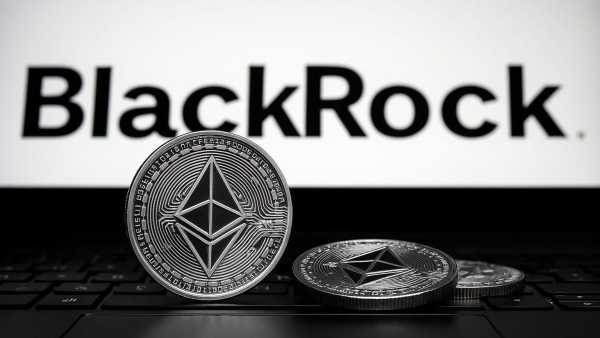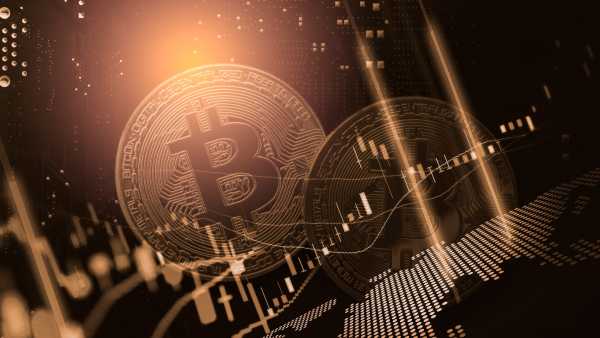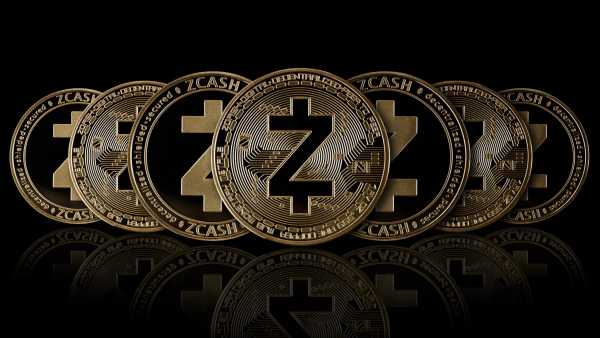Ripple CTO reveals: This is what the future of XRP really looks like

Despite the recent respite, XRP is still considered an outperformance candidate for the fourth quarter of 2025. Not only because the Ripple coin literally exploded last November, but also because the XRP Spot ETFs could attract fresh Wall Street capital. With a current total valuation of $170 billion, XRP may be the third-largest cryptocurrency, but it is still considerably smaller than Ethereum or even Bitcoin. This makes the return potential all the greater – at least that's the hope of many Ripple investors. But are the much-discussed price forecasts even realistic? And what does the stablecoin RLUSD mean for the classic crypto asset? In an interview with BTC-ECHO, Ripple CTO David Schwartz answers five hotly debated questions.
1. There are some pretty crazy XRP predictions on TikTok and other social media platforms. Do you expect a further price increase?
I was as surprised as everyone else by the XRP price rally starting in November 2024. The price could, of course, continue to skyrocket, but it could just as easily fall again. I don't know what's driving it. Sure, there are those chart analyses, but they're right as often as they're wrong, which is about as good as flipping a coin. That may not be a very exciting answer, but the truth is, fundamentals are probably not what's driving the XRP price. I'd like to say, “Hey, people are finally realizing how brilliant the technology behind the XRP Ledger is.” But why would that happen? This technology has been around for more than ten years now, so from my perspective, that wouldn't make sense.
Read also
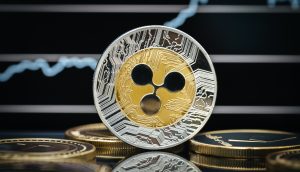
A widespread crypto illusion: Can the XRP price rise to $1,000? 2. Is it due to unit bias when crypto newbies, especially those who see Bitcoin at over $100,000 and XRP at $3, say to themselves: Sure, the XRP price can still rise dramatically?
Someone asked me the same question during the last bull run, when XRP first crossed the $1 mark. And I was like, “No, you're crazy. Nobody thinks like that.” But then I also remember, many years ago, my grandmother wanted to pick a stock, and I recommended one to her. And she was like, “Oh no, that stock is way too expensive.” But obviously, she would have had to buy 50 shares of it at the same time. People see the low price and think, “Oh, well, if XRP only goes half as high as Bitcoin…”
This is silly, of course, but I think the low XRP dollar price brings with it a certain psychology, making people feel like they're early in this market. Of course, you should also look at the number of units, but I think there's a certain psychology involved. I don't know how big that factor is, of course. Is it significant? Or is it tiny? I don't know how you could figure that out.
3. Is your stablecoin Ripple USD an internal competitor to XRP?
Even if they were very competitive, from Ripple's perspective, I would say: If XRP loses market share to a stablecoin, then at least it should be a Ripple stablecoin. However, it's not as if RLUSD would cannibalize the XRP token in a way that Circle or Tether couldn't. At the same time, I think the pie will grow, because almost no one uses stablecoins or crypto in general for payments today. It doesn't matter if XRP's share of that pie shrinks from 7 to 6 percent because of stablecoins if the pie itself grows tenfold.
Furthermore, the use cases are not identical. A dollar stablecoin, for example, can be held by an institution and is essentially non-volatile. You know exactly how high the risk is and the compliance of the company behind it, which you could sue. With XRP, on the other hand, the volatility is completely unpredictable, and there is no counterparty.
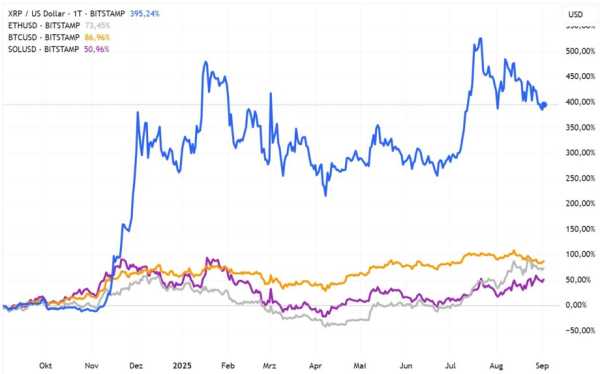
4. Who should use XRP and who should use Ripple USD?
Some people want the chance of price gains with XRP. There are companies like Strategy that like to hold digital assets on their balance sheets because of the huge upside potential. But there's also downside potential. When you look at the spectrum of things people could use XRP and RLUSD for, there's obviously some overlap. And if the Ripple stablecoin is ultimately better for corporate payments, then they get a better payment experience and benefit from it.
I would never want people to use XRP if it isn't the best solution. There is some overlap, but it's much less than most people think. Why do people hold US dollars or their respective fiat currencies on the one hand, and why do they also hold cryptocurrencies at the same time? There are usually completely different reasons for this.
5. What is your opinion on the heated debates between Bitcoin, XRP, and other crypto communities?
Well, Microsoft or Amazon can't be the only successful internet companies either. The entire ecosystem has to be successful for there to be any successful companies at all. So there's no world in which Ripple or the XRP Ledger are successful, but at the same time Bitcoin, Ethereum, and everything else fails. That can never happen, because then there would be no customers, no DeFi users who would even find the XRP Ledger interesting.
The power struggles within the crypto space therefore feel to me as if someone is trying to suck the light out of the space. It would be nice if profits were more tied to building actual utility and less to speculation. That's why I like bear markets, when the garbage is flushed out of the market. But when I hear about people who have lost money, I naturally feel pity and don't like seeing that either. So, welcome to my world.
Recommended Video How XRP CHANGED the Crypto World Forever!
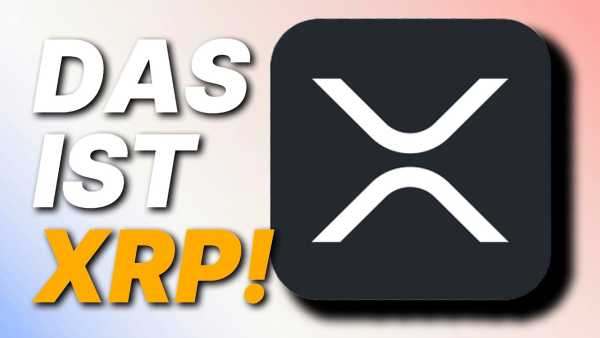
If you want to read more from David Schwartz, you can find both parts of the full interview that BTC-ECHO conducted with the crypto veteran at Emergence Prague here:
Part 1: “XRP price explosion surprised even the boardroom”
Part 2: “This is what the Ripple CTO thinks about the crypto hype”

